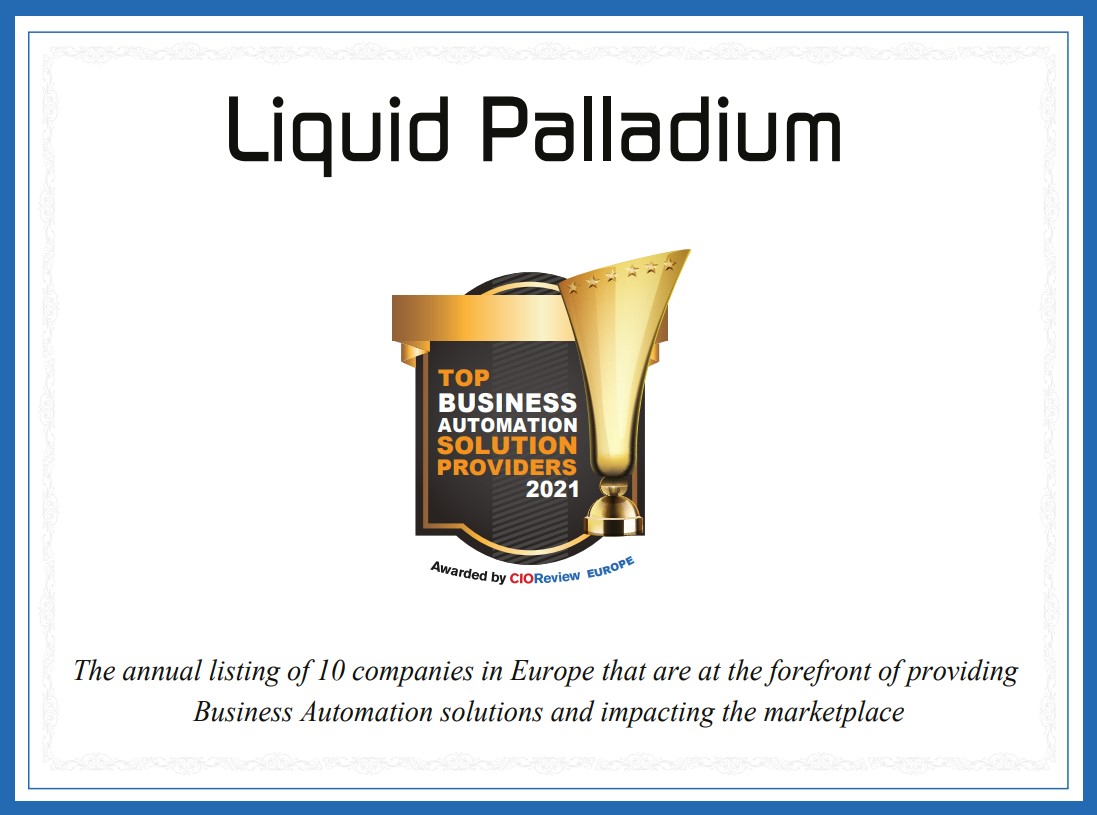Putting AI at the top of the shopping list
As organisations strive to survive the challenges of the past year, their immediate response may be predictable: to retrench, cut costs, protect their limited resources, sit tight and lick their wounds. The last thing that most companies would want to do would be to invest. It’s counterintuitive – but the research always says that investment is likely to help you bounce back and succeed.
So where should businesses invest? In the things that deliver the most business value of course. For most organisations Artificial Intelligence (AI) wouldn’t immediately spring to mind. But it really should be… or at least some more clearly defined cousins.
What exactly is AI?
To be clear, there are four commonly used terms, that often get used interchangeably (and maybe incorrectly) when people consider AI.
AI – This is the ability of a computer to undertake tasks usually associated with human activity. As with human activity it’s a broad church, but there are three areas of AI.
- Artificial narrow intelligence – these tasks are really simple and repetitive.
- Artificial general intelligence – these are tasks that are more complex and require some ‘thought’
- Artificial super-intelligence – these are complex tasks, beyond the normal. They can be regarded as more in the realms of science fiction.
Machine Learning refers to the systems that can use data to identify patterns and learn from them. All those marketing guys are into this stuff with their targeting and next best activity work.
RPA – Robotic Process Automation is the use of software bots to automate highly repetitive and routine tasks. These are tasks normally performed by knowledge workers
If you think about adding an ability to learn and enhance, based on patterns, to a bot that is undertaking repetitive processes you to get something called…
HyperAutomation which engages RPA, Machine learning and even AI technologies. I’ve seen it described as an ecosystem of technologies to create a different way of working. Automated automation if you like.
Understanding what all these terms are doesn’t mean you should invest in them. In a difficult environment your investments are even more critical than normal and they truly have to deliver business value quickly. If business value is the net benefit any project brings to a business, then your investments need to be considered more broadly than just cost savings or return on investment. And this is where AI (or actually its close relatives defined above) starts to step out from the pack. Let’s call it automation.
AI is becoming a business imperative!
Think about it like this. If you could take to each member of your over-stretched team and automate their mundane and repetitive tasks a few things happen.
“freed from mundane work, your team will start to look at ways to improve what they do”
Of course, they will work more quickly and they will contribute to cost savings. Many organisations will take the benefit of a good return on investment and go no further with process change.
However, that is only half the story. Machine learning and AI will improve these processes and make them more consistent across the business.
BUT the biggest value of all is what can happen to your team. Experience shows that once they are freed from the mundane, they will start to look at ways to improve what they do. This may well include further automation. On a bigger scale, it can lead to solving the major problems of your business and utilising the automation tools as part of their extended team
Automation is a game-changer because it has such quick pay back, often in weeks. As a result, it can be an operational expenditure project rather than an item of capital expenditure. This avoids the traditionally arduous barriers to change that come from a Capex investment.
Automation is a powerful catalyst for change and delivering business value – even during a pandemic.
Estimated reading time: 3 minutes


